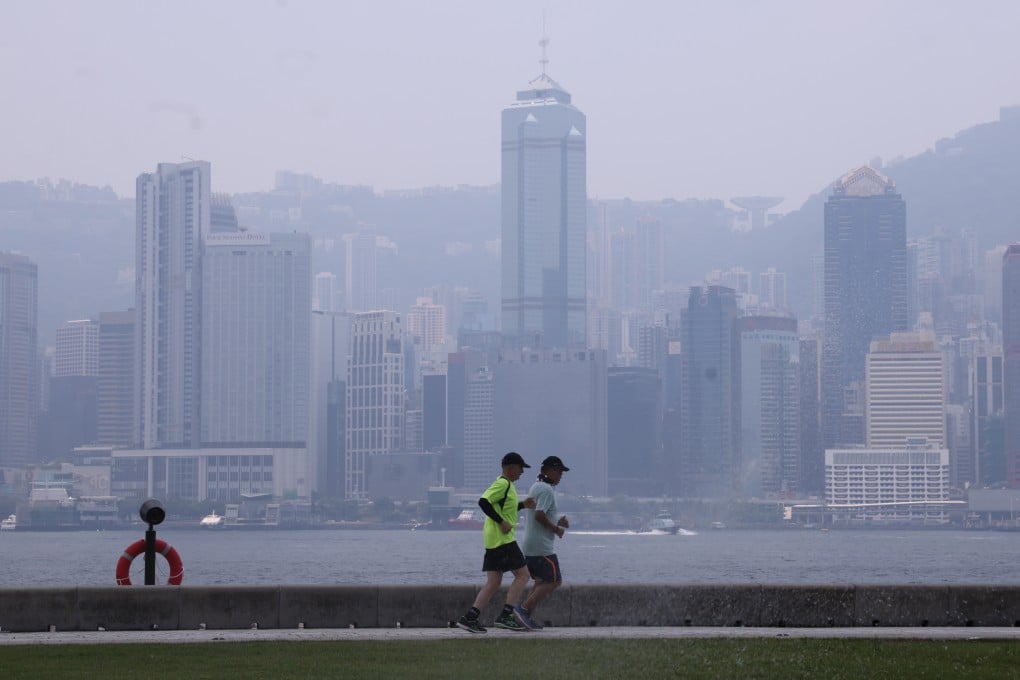Advertisement
Opinion | COP28: To cut carbon, Hong Kong must first learn to put a price on it
- Hong Kong is part of China’s nationally determined contributions plan, but needs a different approach than the one on the mainland
- From buildings to cars, bank loans to investments, the idea is to reward energy efficiency and tax emissions – turning everything into a market where carbon carries a price
Reading Time:4 minutes
Why you can trust SCMP
3

As the world gathers for COP28, it’s a good time to reflect on Hong Kong’s progress on climate change. I’ve spent 30 years developing and implementing climate change policy but I’m new to Hong Kong, and so I am looking with fresh eyes.
The 2015 Paris Agreement committed the world to limiting climate change to no more than 2 degrees Celsius of warming above pre-industrial levels, and preferably no more than 1.5 degrees. But we are already at 1.2 degrees, and because carbon dioxide has such a long lifetime, we may hit 1.5 degrees within five years.
The UN is warning that current policy would lead to almost 3 degrees of warming this century. The need for action is urgent. Never have we seen a year with such extreme weather events – including here in Hong Kong with the hottest summer ever, the most rain in any one hour and stronger typhoons. And as more ice melts, the sea level rise will put very valuable land at risk.
To achieve Paris targets, the world needs to halve emissions of greenhouse gases by 2030 and cease emissions before the mid-century. Signatories to the Paris Agreement have to publish policy as part of their nationally determined contributions (NDCs) to global targets.
Hong Kong, like Macau, is part of China’s NDC, which is for carbon dioxide, the main greenhouse gas, to peak before 2030 and to achieve carbon neutrality before 2060. Hong Kong has set out an action plan to halve emissions from 2005 levels by 2035 and then “strive to achieve carbon neutrality before 2050”.
Hong Kong is more developed, more urban and wants to be on a downward trajectory sooner than mainland China, and so it needs different policies. In particular, Hong Kong is culturally much more market-oriented. Hong Kong needs to do what it’s good at. It needs to create or transform markets.
Advertisement
